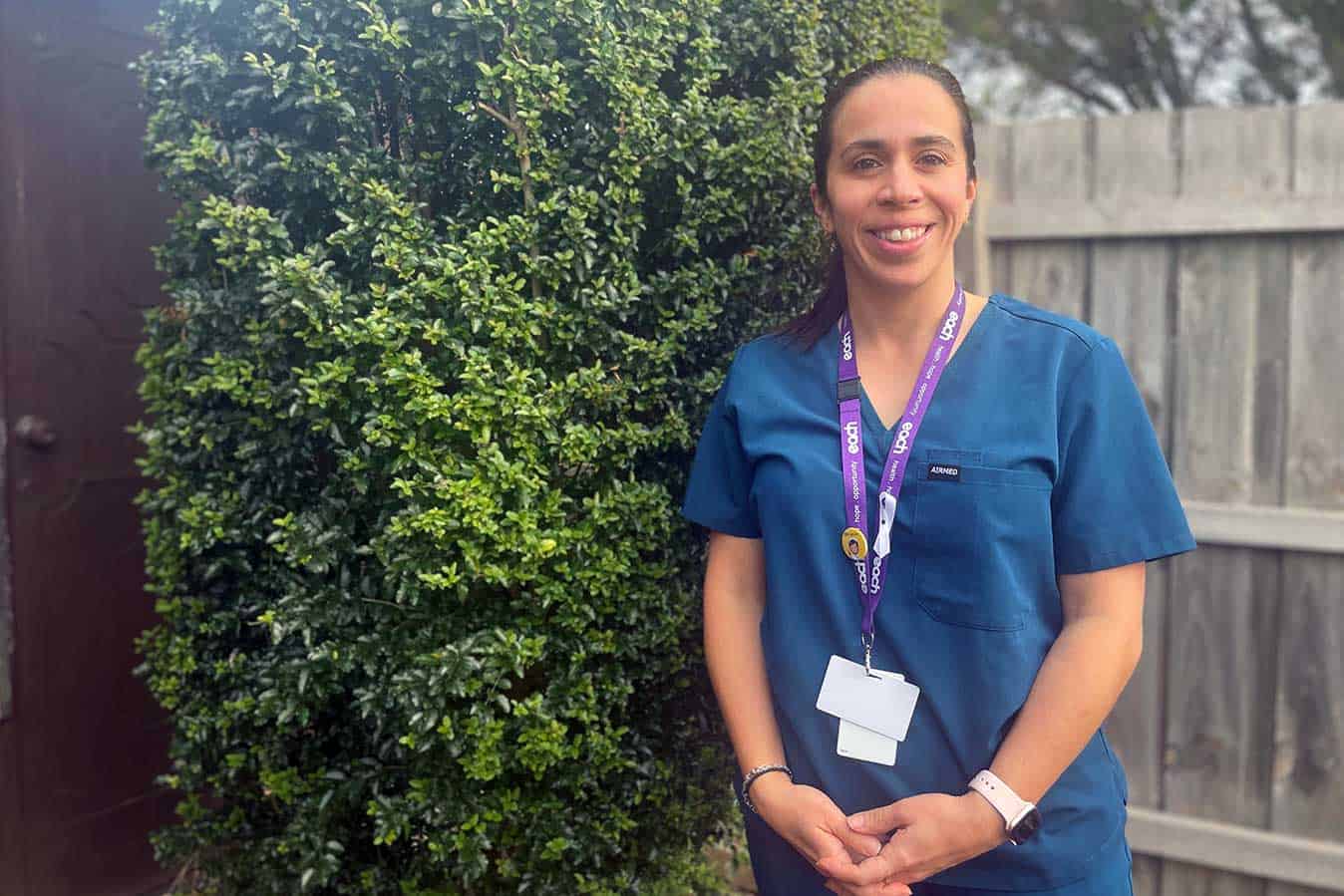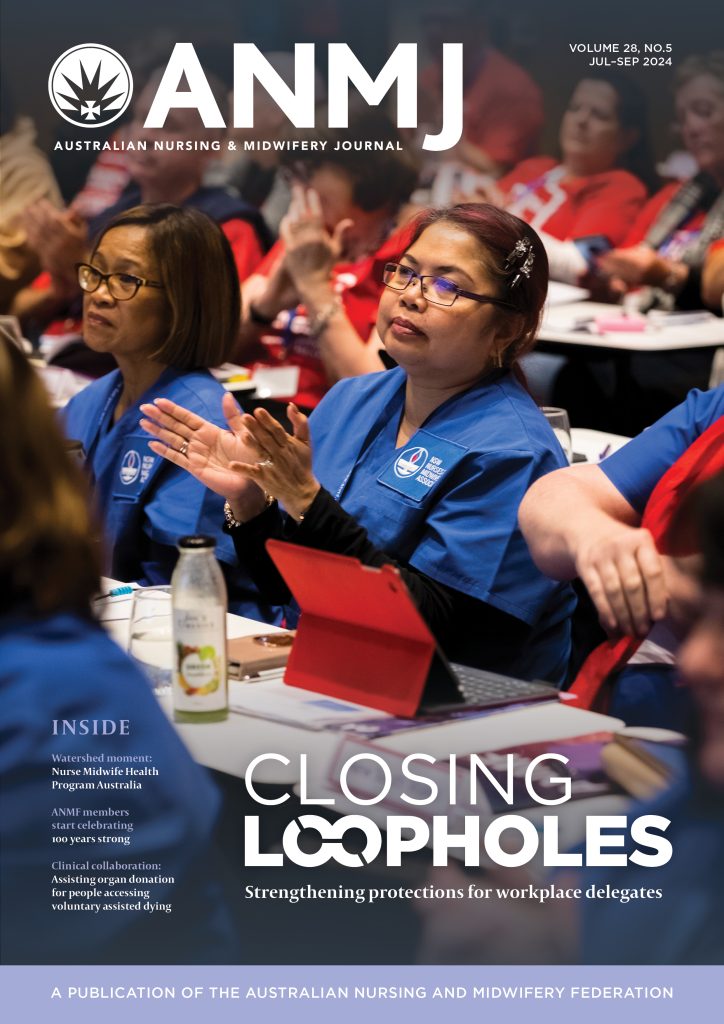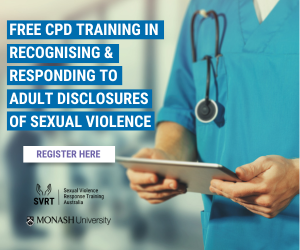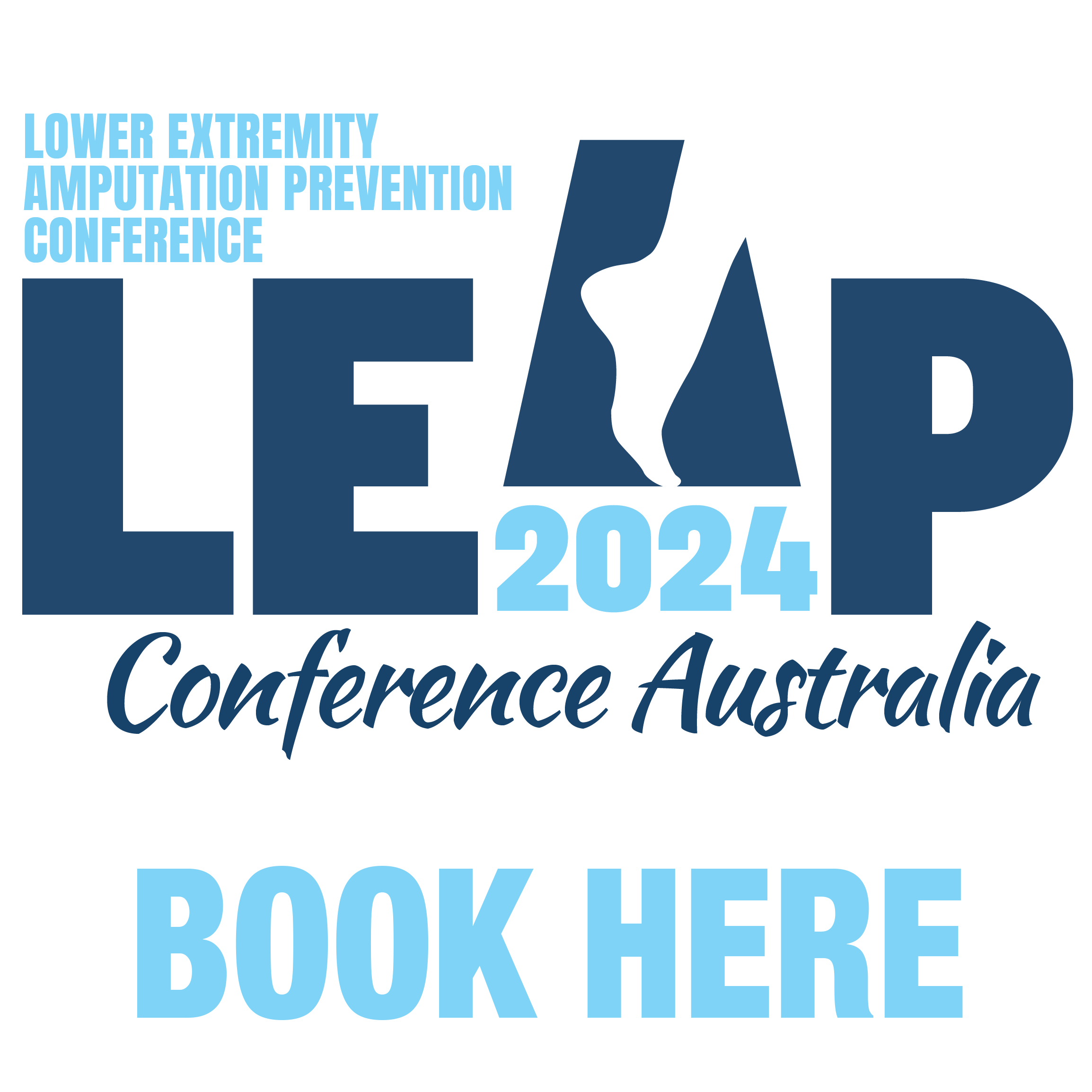As a Refugee Health Nurse, Maria Loupetis provides a range of healthcare services for newly arrived people from refugee backgrounds, including some who have been here for longer but fallen through the healthcare cracks, as well as people seeking asylum, living across Melbourne’s Eastern suburbs.
The nurse-led refugee clinic, run by EACH, provides the cohort with access to vital healthcare, even if they don’t have Medicare.
On a typical day, Maria conducts in-depth, comprehensive health assessments, including physical, social, and mental health, assisted by an interpreter. She also helps run a latent tuberculosis clinic, cervical screening, and carries out immunisations for the community, which ranges from newborns to the elderly.
“As a refugee health nurse, I educate through health literacy, advocate and empower people to access health services and equitable healthcare,” says Maria.
“Often we are the first experience people from refugee backgrounds have of the healthcare system in Australia. This is why this role is important and also why I enjoy it so much.”
Currently, many refugees come from Myanmar, Iran and Afghanistan.
“These people have complex health and wellbeing issues,” Maria explains.
“For us [nurses], one of the biggest challenges is enabling access to services in a timely manner, especially linking people with mental health practitioners and advocating for access to services for people that are seeking asylum who do not have Medicare.”
After working in the field for over a decade, Maria, whose role also includes Sexual and Reproductive Health, says working with refugees and asylum seekers requires empathy and a willingness to work in a team environment. Good detective skills come in handy, too.
“Sometimes, people have been in the country for a while and seen by a number of health services/providers. We need to track down information not only to check that screening has been undertaken but that abnormal tests have been followed up, and assist in coordinating care.”
Maria says seeing people from refugee background flourish in Australia is rewarding. “We have the opportunity to build a good rapport with people who are then comfortable enough to disclose information about their health and wellbeing and in turn access the services that they need.”
This week’s Refugee Week (18-24 June), theme is: ‘Finding Freedom’. The awareness week aims to raise awareness of the issues affecting refugees and highlight aspects of the refugee experience.
What does it mean to be free?
“To live without the fear of war, to have your basic human rights upheld, to live in equality and without the fear of persecution are just some of the examples of what freedom can entail. Every day millions of people across the world embark on dangerous journeys for the sole purpose of finding safety and freedom. From Australia to nations across the globe, settling into a new environment after experiencing the perils of a refugee’s journey can also provide the opportunity to live, to love and to dream,” the Refugee Council of Australia says.
According to Maria, some of the biggest issues facing refugees include mental health issues, triggered by past traumatic experiences, and ongoing chronic diseases that have been left untreated.
More broadly, she welcomes the resources provided for people of refugee backgrounds coming to Australia but hopes that more can be provided in the future, especially for people seeking asylum who often don’t have access to Medicare or affordable healthcare, and remain in limbo regarding their visa status.
Prior to March 2020, Australia’s humanitarian program was on track to reach its annual settlement target of around 18,700 people. This was reduced and capped to 13,750 in the 2020 Federal budget (Refugee Council of Australia 2020). According to the United Nations High Commissioner for Refugees (UNHCR 2020) only 22,770 out of 26 million legally recognised refugees were resettled globally in 2020 – the lowest number of refugees in nearly two decades, despite record levels of forced displacement.
In a bid to support the health of refugees and asylum seekers even more, Maria is currently undertaking a Masters to become endorsed as a Refugee Health Nurse Practitioner. She hopes the advanced skills and knowledge, including the ability to prescribe and order diagnostic tests, will help her improve access to services for the community, and outcomes.
“I look forward to completing my Masters – Nurse Practitioner to support an increase in access to equitable healthcare. Using an interpreter and within a multidisciplinary team with our GPs, I would be able to diagnose and treat people within my scope of practice. I would also like to use this opportunity while studying, and at completion, to add to the research and evaluation regarding nurse practitioner models of care within refugee health.”









